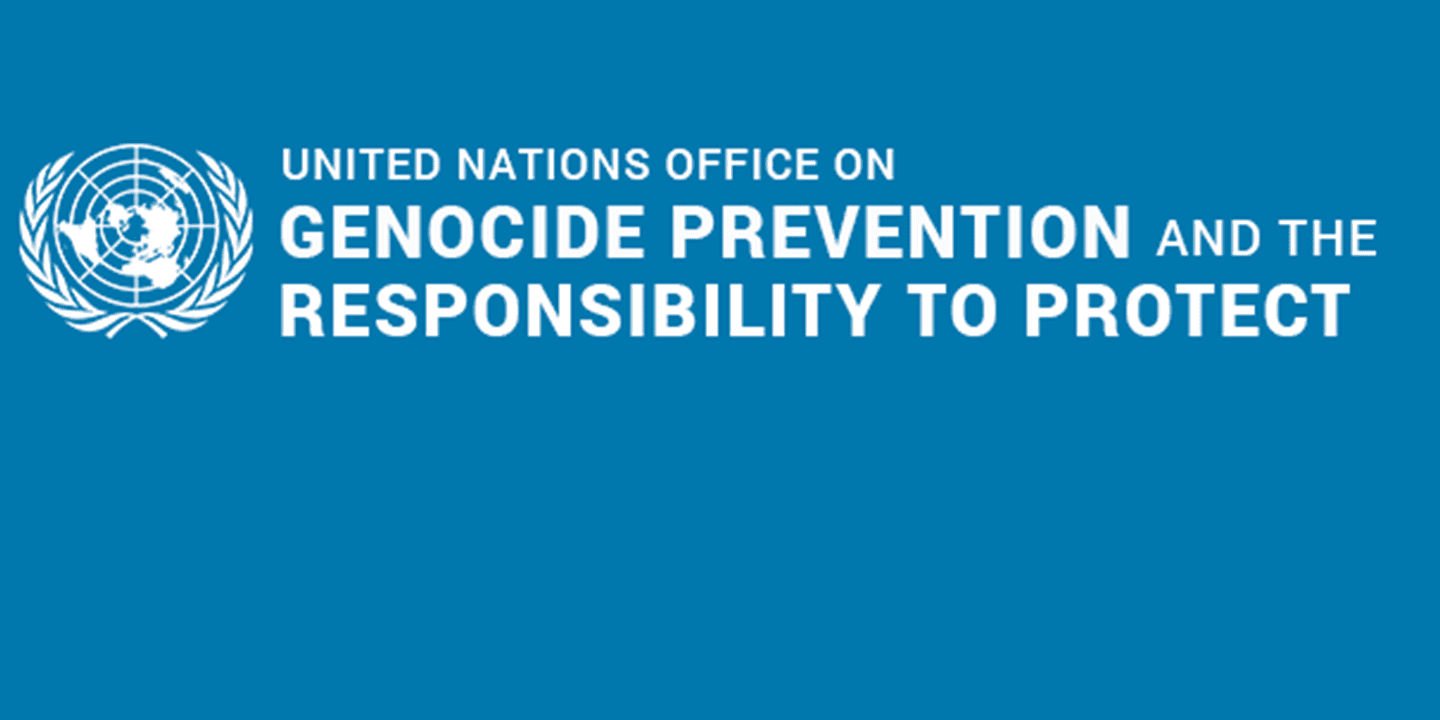
Statement by the UN Special Advisers on the Prevention of Genocide and the Responsibility to Protect on the situation in South Sudan, December 2013
The Special Advisers to the Secretary-General on the Prevention of Genocide, Adama Dieng, and on the Responsibility to Protect, Jennifer Welsh, have expressed deep concern at the spread of violence in South Sudan and at the targeting of civilians. “We are particularly worried about reports of an ethnic dimension to attacks, including in Juba and Jonglei, and the serious risk of an escalation of inter-communal violence,” said the two Special Advisers. “In addition, targeted attacks against civilians and against United Nations personnel, such as those that have occurred in Juba and Jonglei, could constitute war crimes or crimes against humanity,” they warned.
Since South Sudan gained its independence in July 2011, the country has seen cycles of intercommunal violence and revenge attacks linked to competition for authority at national and state levels. The dismissal by the President of Vice-President Riek Machar, some senior ministers and the Secretary-General of the ruling Sudan People’s Liberation Movement (SPLM) party has deepened ethnic divisions and exacerbated political tensions in the country.
On 15 December, fighting broke out in Juba, South Sudan’s state capital, between factions of the Sudan People’s Liberation Army (SPLA) allied to President Salva Kiir and those loyal to former Vice-President Riek Machar. The fighting has reportedly spread to Jonglei, Lakes, Unity, Upper Nile and Warrap states. Hundreds of people have been killed, some targeted on the basis of ethnicity. An estimated 62,000 others have been displaced by the violence, of whom 45,000 have sought shelter in United Nations compounds in Juba, Bor and Bentiu.
Special Advisers Dieng and Welsh urged all parties to exercise restraint and comply with international humanitarian and human rights law. In particular, they called on those with command responsibility to send clear messages to prevent attacks against individuals or groups based on ethnicity or tribal affiliation. “Attacks of this kind,” Dieng and Welsh warned, ” can be the precursors to more widespread crimes.” In addition, the Special Advisers urge President Salva Kiir and former Vice-President Riek Machar to engage in peace talks, call an immediate end to the violence and promote reconciliation between communities.
The Government of South Sudan has the responsibility to protect all South Sudanese populations, irrespective of their ethnicity or political affiliation. In the face of this political crisis, the SPLA commanders and political leaders must take immediate measures to ensure the protection of all populations. International actors have a responsibility to assist South Sudan to prevent further abuses. In this context, the two Special Advisers welcomed the efforts of the Inter-Governmental Authority on Development, supported by the African Union, and other members of the international community to resolve the political crisis and halt the violence.